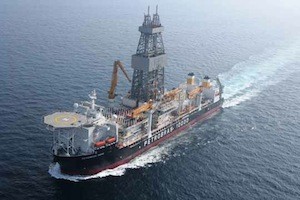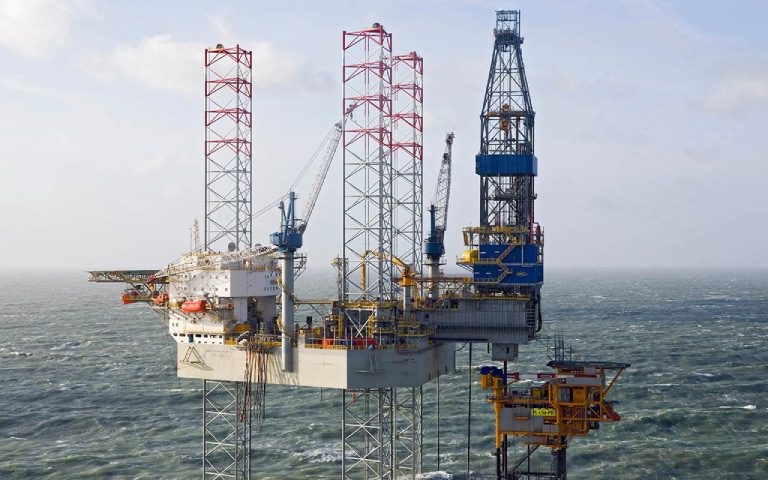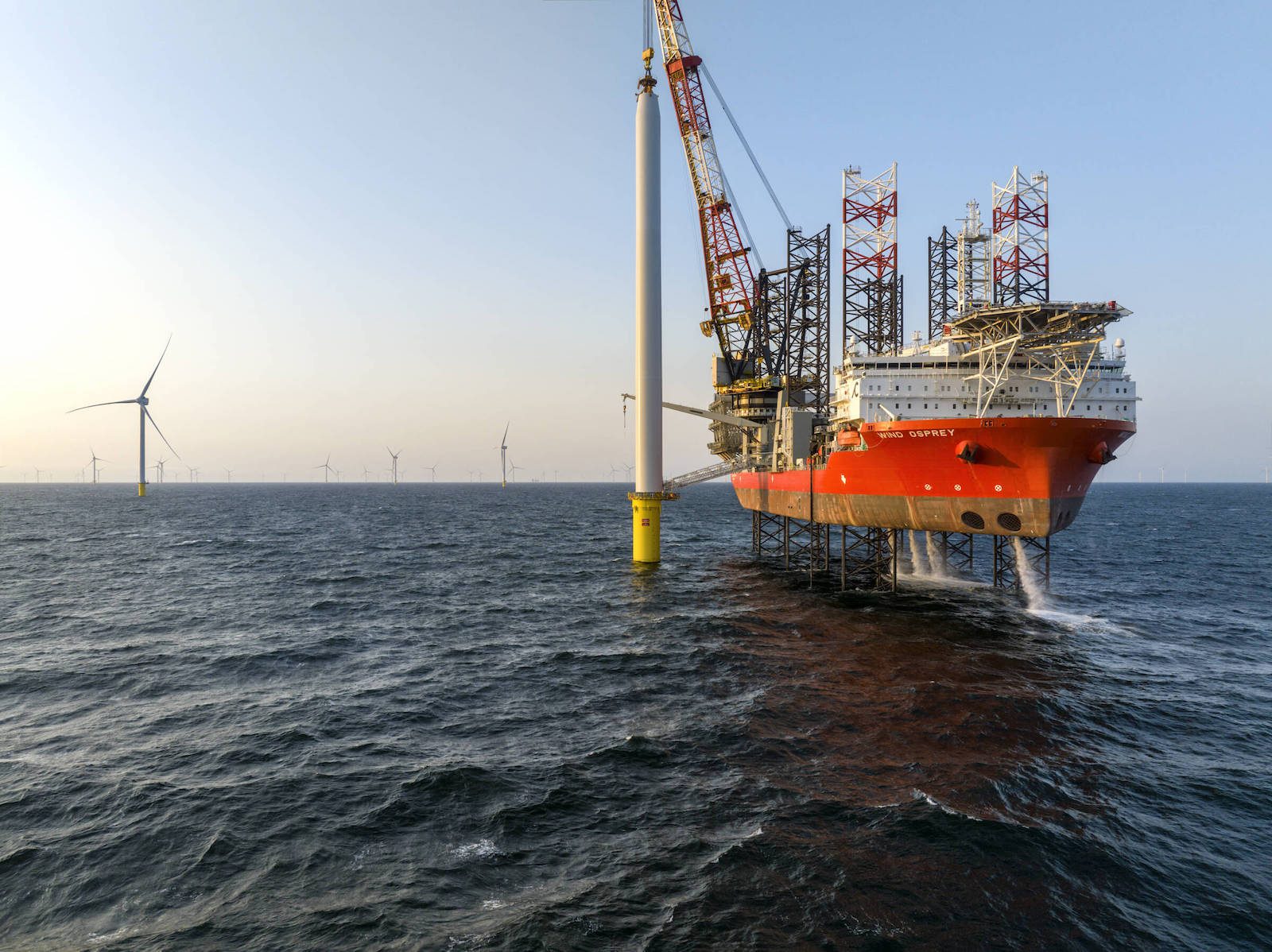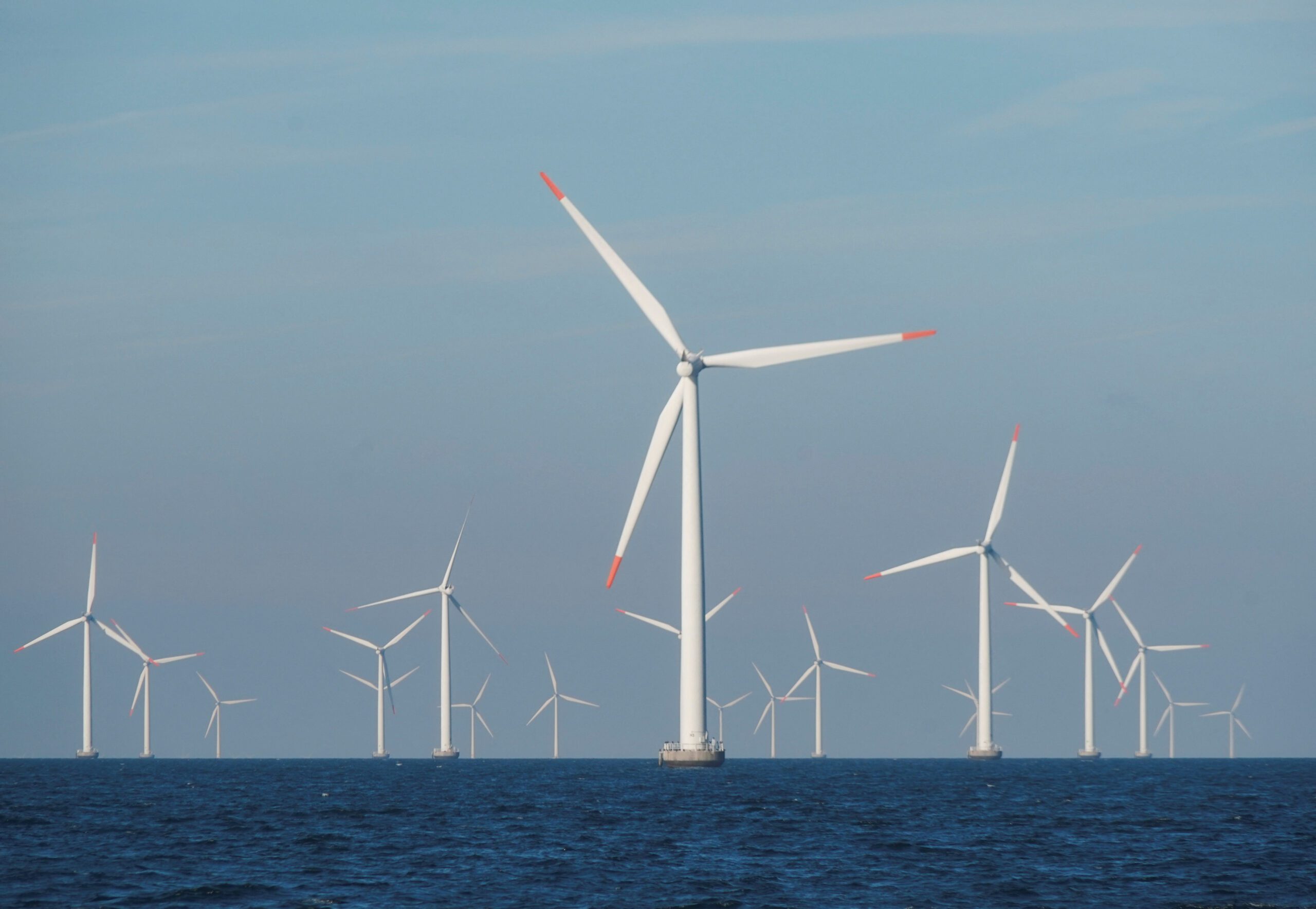RIO DE JANEIRO (Dow Jones)–Brazil’s emergence as a hot frontier for oil and natural gas was boosted Wednesday by two fresh discoveries, with exploration and development of the country’s newfound oil wealth likely to attract billions in investments over the next decade.
Latin America’s largest country is squarely in the cross hairs of the global oil industry, with Brazil’s stable democracy and robust economic growth making it especially attractive. Investments by state-run energy giant Petroleo Brasileiro (PBR, PETR4.BR), or Petrobras, and international players such as BG Group PLC (BG.LN), BP PLC (BP), Chevron (CVX), Galp Energia (GALP.LB), Repsol (REP) and Royal Dutch Shell (RDSA.LN) are expected to reach $250 billion through 2020, according to a study Wednesday by consultants Ernst & Young Terco and Brazil’s private Getulio Vargas Foundation.
Brazil is betting heavily on development of its offshore fields, with former President Luiz Inacio Lula da Silva–the predecessor and mentor to current head of state Dilma Rousseff–saying oil could transform the country by easing the crushing poverty afflicting many of its citizens. The area known as the pre-salt, where oil was found more than 4 miles below the ocean surface, could hold between 50 billion and 100 billion barrels of oil and make Brazil the world’s fourth-largest crude producer and a top-10 exporter.
That promise has led to a surge in mergers and acquisitions in recent years, with companies that failed to buy acreage at concession auctions paying big bucks to buy in now. M&A activity soared to $18 billion in 2010, up from less than $1 billion in 2007, said Ernst & Young Terco partner Elizabeth Ramos.
Petrobras on Wednesday unveiled a new oil province off the coast of Sergipe state in the Northeast with a deep-water discovery in the Sergipe-Alagoas Basin. The company said the offshore well held high-quality light oil, which contains less sulphur and is easier to refine into products such as gasoline.
The latest discovery builds on a string of high-profile finds that started in 2007, when Brazil announced the first pre-salt oil field. The Tupi field, now in pilot production after being renamed Lula, was the largest discovery in the Western Hemisphere since Mexico’s Cantarell in 1976. Lula alone is estimated to hold 6.5 billion barrels of recoverable oil.
Lula is part of a pre-salt cluster in the Santos Basin, off the coasts of Rio de Janeiro and Sao Paulo states. Long-term well tests are under way on other fields in the region, with Petrobras expecting output from the ultra-deepwater fields to reach 543,000 barrels a day by 2015 before surging to 1.15 million barrels a day by 2020.
Despite the technical challenges that make pumping oil from the ocean depths expensive and complicated, the Ernst & Young Terco-Getulio Vargas study said that oil exports could reach 600,000 barrels a day by 2020 and generate $27.9 billion in revenue. That’s nearly double the $16.1 billion in oil-export revenue Brazil earned in 2010.
And the oil riches are not just limited to the new frontiers. The mature Campos Basin, where more than 85% of Brazil’s crude oil is currently produced, is also home to new finds. While Shell and Chevron both recently started production at offshore fields in the area, billionaire businessman Eike Batista’s start-up OGX Petroleo e Gas Participacoes SA (OGXP3.BR, OGXPY) expects to pump its first oil from the Waimea field in October.
Inland areas are also promising, with Batista’s OGX finding a massive natural gas reserve in the Parnaiba Basin in Brazil’s north. Also Wednesday, Oil start-up HRT Participacoes em Petroleo SA (HRTP3.BR) it made a natural gas discovery in the nearby Solimoes Basin in Amazonas state.
“Brazil has tremendous potential onshore and in shallow waters,” said Helio Diniz, vice president of Canadian merchant bank Forbes & Manhattan. Forbes unit Irati Energy, which is planning a $1 billion initial public offering of shares, is developing a shale oil project in southern Brazil that is expected to produce as much as 30,000 barrels a day. The company also wants to take part in Brazil’s next auction of oil concessions, expected in the first half of 2012.
-By Jeff Fick, Dow Jones Newswires

 Join The Club
Join The Club











